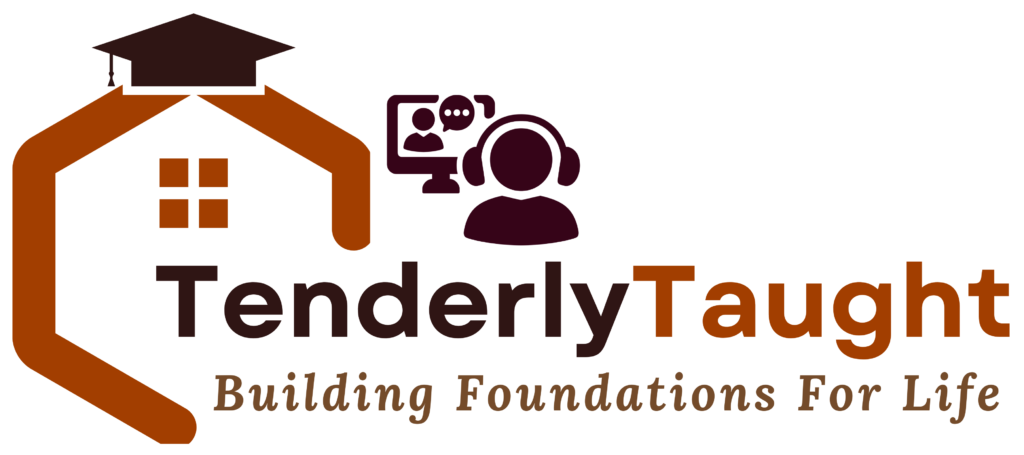The National Institute of Open Schooling (NIOS) Provides various educational programs to learners. But at TenderlyTaugt we support our students with NIOS’s Open Basic Education (OBE), Secondary and Senior Secondary Programme. In case you wish to learn more about NIOS, please click here to visit their website.
This page is created to help our students understand the difference between NIOS’s OBE Programme and the Secondary or Senior Secondary programme. In this article, we will also look into how NIOS conducts exams for all of these programmes.
The Open Basic Education Programme
Under the OBE programme, NIOS offers primary and senior primary education with these three levels:
- Level A : Equivalent to class 1-3
- Level B : Equivalent to class 4-5
- Level C : Equivalent to class 6-8

Secondary (10th Class ) And Senior Secondary (12th Class) Course
Secondary Course
This Course is equivalent to the 10th standard. You can choose subjects from the Scheme of Studies given in Table-. However, you will be required to successfully complete a minimum of five subjects with at least one language or at most two languages, which is compulsory for certification.
Senior Secondary Course
This Course is designed for those who have passed the 10th standard or equivalent examination from a recognised Board and would like to continue their education towards a Senior Secondary Certification, equivalent to XII standard.
You can choose subjects from the Scheme of Studies given in Table. However, you will be required to successfully complete a minimum of five subjects with at least one language or at most two languages, which is compulsory for Certification.
| Course | Subject Offered |
| Secondary |
Group-A Indian Knowledge Tradition # #Veda Adhyan (245), #Sanskrit Vyakaran (246), #Bharatiya Darshan (247), #Sanskrit Sahitya (248 |
| Senior Secondary |
Group-A Indian Knowledge Tradition# Veda Adhyan#(345),Sanskrit Vyakaran#(346),Bharatiya Darshan#(347),Sanskrit Sahitya#(348) Group-C Group-F |
